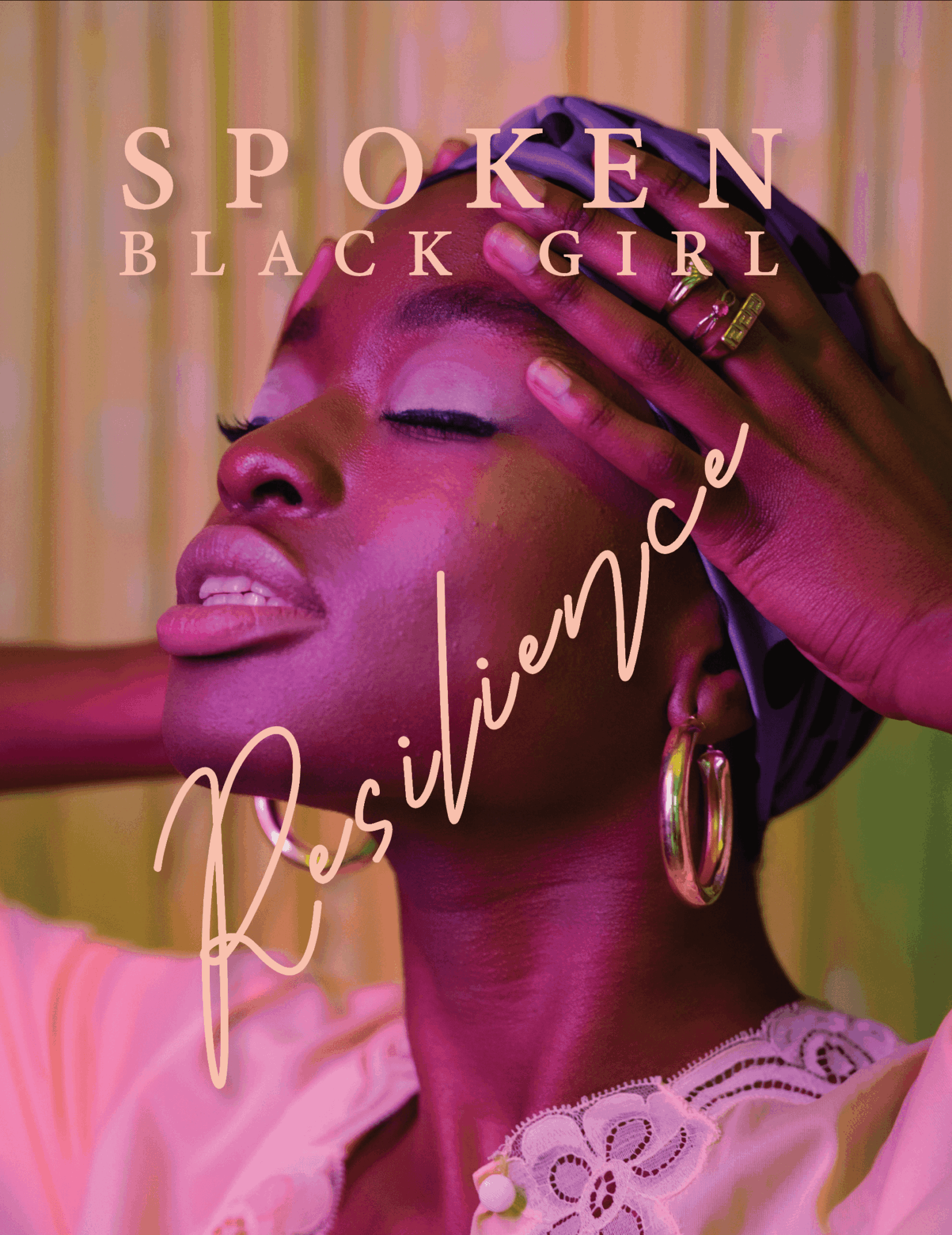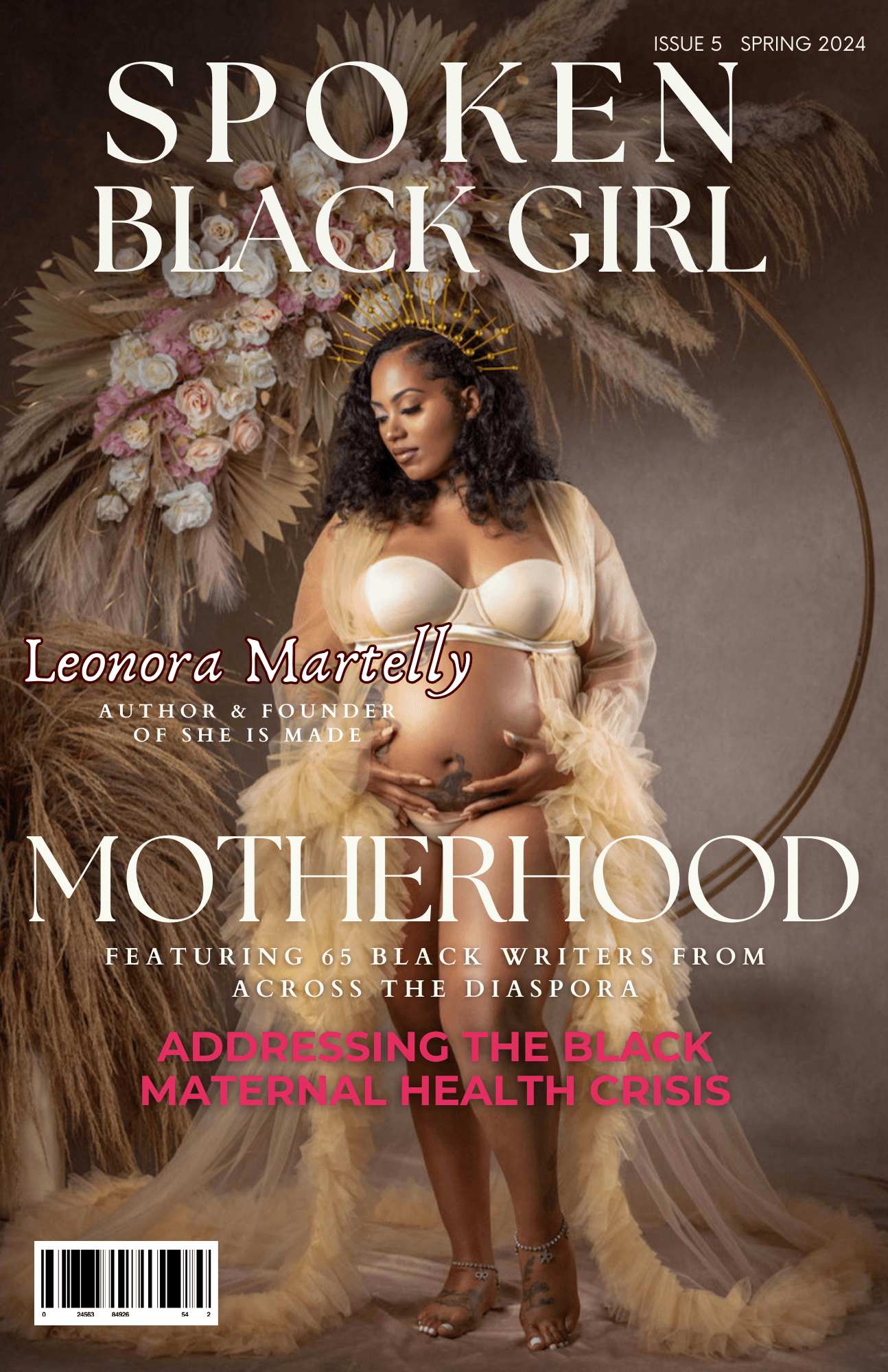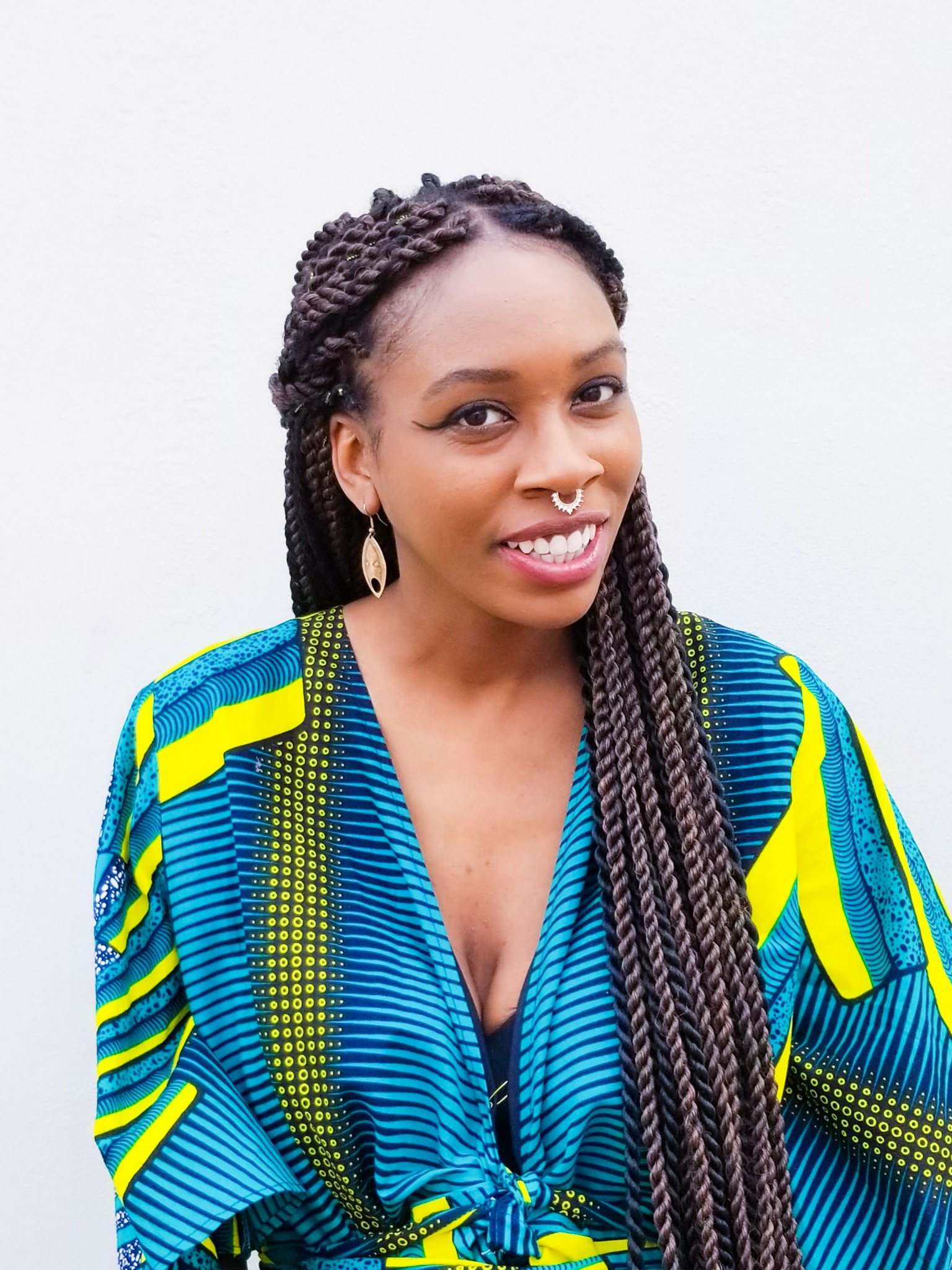Alright – so today we’ve got the honor of introducing you to Rowana Abbensetts-dobson. We think you’ll enjoy our conversation, we’ve shared it below.
Rowana , thanks for taking the time to share your stories with us today We’d love to hear about when you first realized that you wanted to pursue a creative path professionally.
My choice to own a creative business and uplift marginalized voices became my full time occupation because I was still struggling to cope in grind culture as someone who suffers from anxiety and depression, and later diagnosed with AdHd , I often found myself super anxious about work or exhausted by the masking I had to do, both on the inside with how I acted and talked, but also how I presented myself. It led to long periods of burn out. I always wanted to help writers, and I spent the first few years of my career exploring publishing careers, only to find that there was nowhere that was doing the work I wanted to do. For me, it goes beyond the next dollar bill. Our stories are powerful spiritual currencies, to be shared with care. I wanted to create that safe space for myself as a business owner and author as well as for other Black women and girls.

Rowana , before we move on to more of these sorts of questions, can you take some time to bring our readers up to speed on you and what you do?
You can call me Yaa, that’s my preference at this time but I’m a writer and publisher from Queens, NY. I enjoy writing contemporary fiction and I’m also passionate about using my writing to promote mental health and wellness, particularly in marginalized communities where stigma sometimes stops people from seeking help. I started my business, Spoken Black Girl, as a blog back in 2015. I wanted to create an online space where I could be open about mental health, writing, and books. Soon I attracted a community of readers and writers, many of whom were Black women such as myself, looking for a space for their voices to be valued, which is still tough to find in the current publishing landscape.
I believe that storytelling can be healing, both for the writer and the reader. That was my motivation behind starting Spoken Black Girl Magazine. I wanted to create a space where Black women could be empowered to keep writing even when it seems like the world doesn’t want to hear your voice or acknowledge your struggles. Writing can be a form of resistance. For me, it’s how I let the world know “I’m here!”
Can you share a story from your journey that illustrates your resilience?
When we started making Spoken Black Girl Magazine, I wasn’t sure if I would continue. I gave birth to my daughter in 2019, and then in 2020 the pandemic happened. She’s a pandemic baby and so was the next magazine issue, Resilience. I was contacted by a Venezuelan designer who wanted to design a magazine. She’s also a photographer, and overall amazing artist named Valentina Alvarez. I put out an open call for submissions on the subject of Resilience and ultimately published a revolutionary collection of inspirational poetry, stories, and art. So many people needed to feel hope at that time as COVID was dominating the news and our lives. It was a scary time for sure, but we found community though the magazine. I remember driving with my husband around the city to hand deliver magazines. I still do that sometimes if the address is close enough. At that time, it felt so great to see other people at all after long spells of isolation. To show up for my community and people who love my work and mission was a great honor.

Is there something you think non-creatives will struggle to understand about your journey as a creative? Maybe you can provide some insight – you never know who might benefit from the enlightenment.
I think non-creatives might think that creativity is a choice, but for me it’s how my brain works. Writing, graphic design, painting, and drawing has always been my hyper-fixation, my safe zone, and area where I can release and feel fulfilled. I’ve done a lot of different jobs from retail to admin roles. As a creative, I’m all too familiar with getting a job to pay the bills and being creative “on the side”, but personally, I came to a part of my journey where because I have different needs as a neurodivergent mom of 2 and I had to become intentional about my environment. So even though it might seem like a lofty life as a creative when you could have been doing anything else, for me it’s about leaning into my natural strengths and putting my self-care first so that I can thrive.
Contact Info:
- Website: http://www.spokenblackgirl.com
- Instagram: http;//www.instagram.com/spokenblackgirl
- Youtube: https://www.youtube.com/@spokenblackgirl7018


